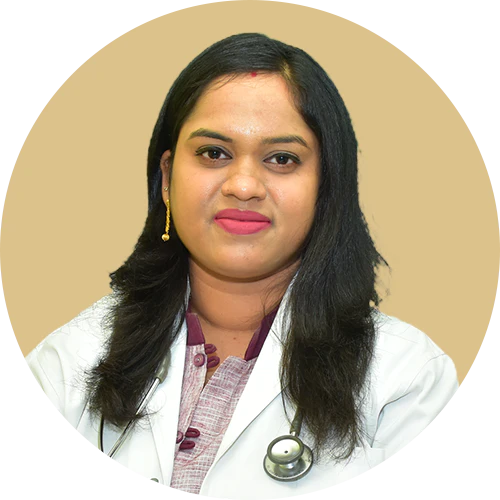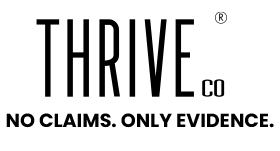
Pimple And Boil: Are They The Same?

Dr. Deepthi Prasad, MBBS.
Written by Our Editorial Team
Most of us in our lives must have experienced an occasional swollen red bump on our skin, and we, like all nuts, have brushed it under the rug as acne, especially when it occurred on your face, back, or chest. We are as sure as the sun rises that you might not be considered the new resident to be a boil. Boils look and feel like pimples, but they most certainly are not pimples. Yes, we realize it’s confusing, but we’re here to break it down for you.
What Are pimples?

Source : Freepik
A pimple is caused by pores that have been clogged by excessive sebum or oil and dead skin cells. Pimples predominantly develop during puberty due to the excess production of oil and hormones. And most times, the acne-causing bacteria Propionibacterium causes further redness, irritation, and pain. Pimples commonly occur on the face, upper back, chest, neck, and shoulders. They also come in different forms, such as blackheads, whiteheads, etc.
Also Read : Debunking Acne Myths: 10 Things You Need to Stop Believing if You Want to Clear Your Acne
What Are Boils?

Source : Shutterstock
In contrast to pimples, boils are not a product of excess sebum production or clogged pores. They are a result of a bacterial infection caused by Staphylococcus aureus, which lives on the surface of the skin but can infiltrate through cuts, bug bites, and hair follicles, which in turn causes boils. A boil, just like a pimple, looks reddish and hurts and irritates the same way, but over time it grows bigger and fills up with white puss.
How To Treat Them?
Usually, pimples on the face can be treated with a simple skincare routine. We recommend you wash your face with Luke's warm water and a gentle cleanser that contains Azelaic acid, benzoyl peroxide, or salicylic acid to reduce redness, unclog clogged pores, and remove sebum buildup. Follow it up with a facial toner that is rich in niacinamide to restore the PH balance of your skin. As a final step, use a facial serum rich in acne-treating ingredients to tackle the pimple.
Also Read : Skincare Routine For Acne-Prone Skin

Source : Freepik
And if you’ve been looking for a one-stop acne kit for your pimple problems, we recommend you try ThriveCo's Goodbye Acne Kit, which is a two-step cleanser and serum routine that is rich in acne-clearing ingredients such as Diacnemide, Azelaic acid, niacinamide and Witch Hazel which actively work to clear clogged pores and remove excess sebum.
Buy ThriveCo Goodbye Acne Kit
Also Read : Why Go For Gold In Skincare?
Boils can be treated by compressing the boil with hot showers or hot packs to reduce pain and enable the boil to drain. Sometimes pain relievers can be used to relieve pain. In some cases, a doctor might recommend an antibiotic or surgically drain the pus out of the boil to combat the infection. But never try to drain a boil at home!
And always wash your hands before and after touching a boil, because, unlike pimples, boils are bacterial infections that have the potential to be contracted by someone else.
Pimples and boils look alike, but they are usually caused by different reasons. As we mentioned above, we hope our take on the pimple and boil difference cleared things up for you and gave you clarity on how to tackle your pimple or boil. If you find that your pimple or boil problems seem to be getting out of hand, then it is always recommended to visit your trusted dermat.
About Doctor :

Dr. Deepthi Prasad specializes in Dermatology, Cosmetology, and Aesthetic Dermatology and has been practicing for over 15 years. After completing MBBS from Dr. NTR University of Health Sciences Andhra Pradesh in 2009, she earned a MD in Dermatology, Venereology & Leprosy from Osmania Medical College in Hyderabad in 2014.
Disclaimer: All the content published on www.thriveco.in is solely for information purposes. It is not a substitute for professional medical advice, diagnosis, or treatment. Always consider seeking the advice of your physician or a qualified healthcare provider. The information, suggestion, or remedies mentioned on this site are provided without warranty of any kind, whether express or implied.





 Extra 5% off on Prepaid
Extra 5% off on Prepaid






